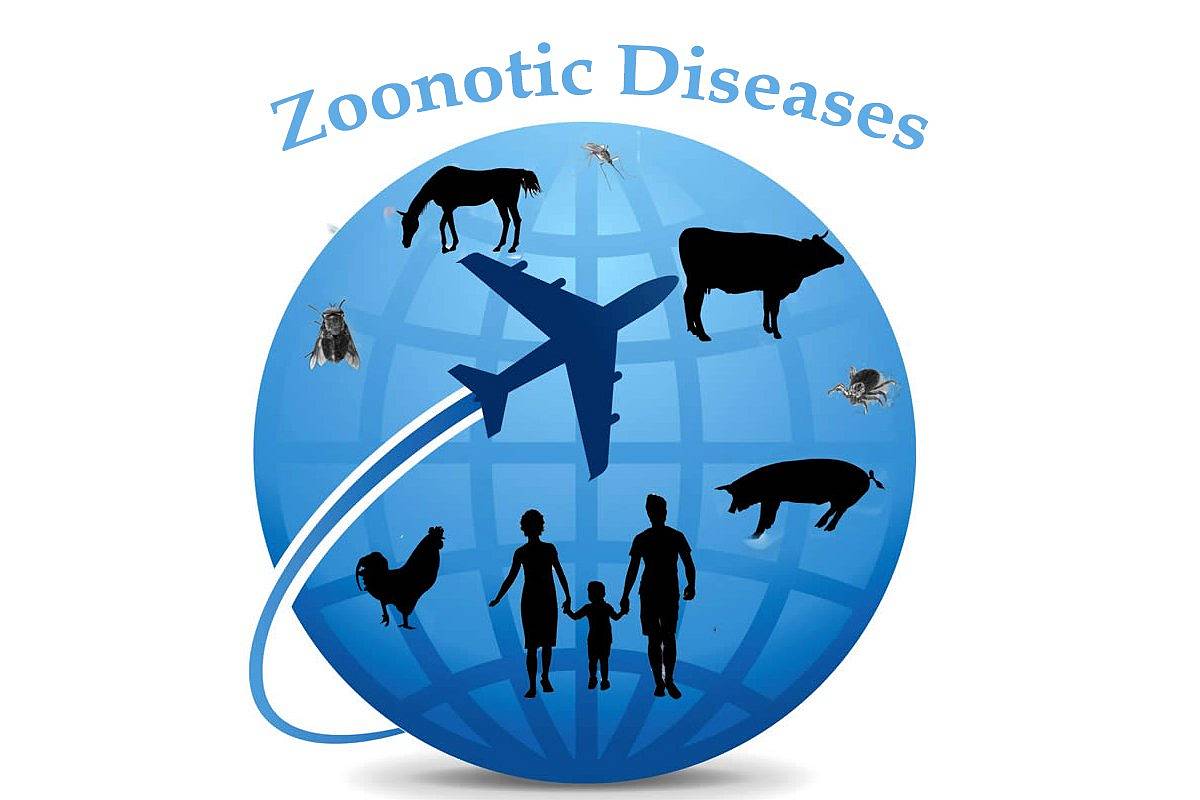
Pet ownership in tropical countries (Southeast Asia, the Pacific Islands, Northern Australia, South Asia (including India), Latin America and Africa and the Middle East) is on the rise. China for example, is third in the world for dog ownership (27.4 million) and second for cat ownership (53.1million), whilst dog numbers in Australia went up to 4.8 mllion in 2016 (a lift of just under 3% in three years) and cat numbers increased to almost 3.8 million (up 6%). In Malaysia and Vietnam dog populations have increased by 7% and 9% whilst cat population by 2% and 5% in the past five years alone.
With the growing pet population, the Tropical Council for Companion Animal Parasites (TroCCAP), an alliance of veterinary health experts, have called for improved protection of pets from parasites such as fleas, ticks and worms, as key to mitigating the risk of zoonotic diseases, in the interest of veterinary and public health.
Whilst some countries and regions have introduced guidelines for immunisation of dogs and cats, there are unique challenges faced by companion animal practitioners across the tropics, including those in Asia who cite insufficient resources for research, training and diagnosis to be a challenge.
In a key first step, TroCCAP released new best-practice recommendations for the diagnosis, treatment and control of ‘climate-specific’ internal parasites in pet dogs at the 26th International Conference of the World Association for the Advancement of Veterinary Parasitology, which took place in Kuala Lumpur from the 4th - 8th September 2017.
To assist clinicians and provide standardized advice for the countries, the guidelines also provide an overview of the most common gastrointestinal parasites such as hookworms and roundworms, common clinical signs, diagnoses, anthelmintic treatment options covering route of application, dose and efficacies of regularly used drugs and adjunct care such as blood transfusions.
At a media roundtable on Healthy Pets, Healthy People, a panel of veterinary and parasitology experts shared some insights:
Associate Professor Rebecca Traub, Director & Executive Secretary, TroCCAP “Today, cats and dogs are increasingly considered as part of the family and live in close proximity with people. This means that effectively protecting our pets from parasites not only helps keep them healthy and of good well-being, but ultimately, it also benefits our own health and that of the family. Pet owners can play an active role in protecting their pets from diseases – by keeping up their annual check-ups with the veterinarian, staying up-to-date with vaccinations, and ensuring that they use effective and frequent protection against common parasites such as fleas, ticks and worms.”
Dr. Tawin Inpankaew, Council member, TroCCAP “Zoonotic diseases can pose a risk to public health in many parts of the world. For tropical countries, the combination of warmer climate and enhanced parasite life cycles, among other factors, call for specifically developed parasite prevention protocols in order to effectively mitigate the infection pressure for all animals and the corresponding risk to public health. For example, dogs and cats in the tropics need to be protected from ticks, fleas and heartworm all year round, unlike in temperate countries where the risk of infestation is seasonal.”
Dr. Filipe Dantas-Torres, Director, TroCCAP, “TroCCAP is focused on developing tropical climate-specific preventative treatment protocols and guidelines to help veterinarians better mitigate the risk of zoonotic diseases. This launch of our guidelines in Malaysia is just a first step. The guidelines will be rolled-out to other countries in the region. At the same time, we are already working on guidelines for cats.”
Dr. Norbert Mencke, Head of Policy and Stakeholder Affairs, Bayer Animal Health, “Bayer has long been engaging with the scientific and veterinary community around the world to advance knowledge and research in parasitology, zoonotic and vector borne diseases. We are pleased to be able to contribute our scientific know-how and advancements to help address the unique needs of local veterinarians and pet owners.”
Bayer drives awareness, scientific discussion, zoonotic diseases in tropical countries